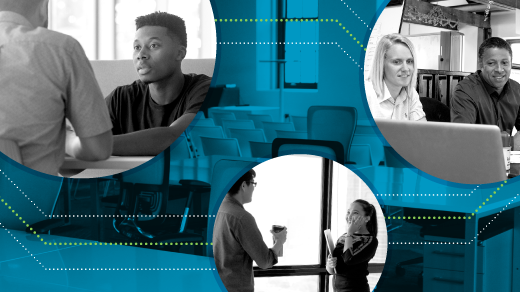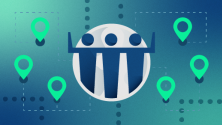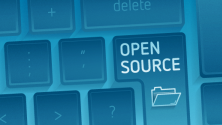Open Data Day (ODD) is an annual, worldwide celebration of open data and an opportunity to show the importance of open data in improving our communities.
Not many individuals and organizations know about the meaningfulness of open data or why they might want to liberate their data from the restrictions of copyright, patents, and more. They also don't know how to make their data open—that is, publicly available for anyone to use, share, or republish with modifications.
This year ODD falls on Saturday, March 3, and there are events planned in every continent except Antarctica. While it might be too late to organize an event for this year, it's never too early to plan for next year. Also, since open data is important every day of the year, there's no reason to wait until ODD 2019 to host an event in your community.
There are many ways to build local awareness of open data. Here are four ideas to help plan an excellent open data event any time of year.
1. Organize an entry-level event
You can host an educational event at a local library, college, or another public venue about how open data can be used and why it matters for all of us. If possible, invite a local speaker or have someone present remotely. You could also have a roundtable discussion with several knowledgeable people in your community.
Consider offering resources such as the Open Data Handbook, which not only provides a guide to the philosophy and rationale behind adopting open data, but also offers case studies, use cases, how-to guides, and other material to support making data open.
2. Organize an advanced-level event
For a deeper experience, organize a hands-on training event for open data newbies. Ideas for good topics include training teachers on open science, creating audiovisual expressions from open data, and using open government data in meaningful ways.
The options are endless. To choose a topic, think about what is locally relevant, identify issues that open data might be able to address, and find people who can do the training.
3. Organize a hackathon
Open data hackathons can be a great way to bring open data advocates, developers, and enthusiasts together under one roof. Hackathons are more than just training sessions, though; the idea is to build prototypes or solve real-life challenges that are tied to open data. In a hackathon, people in various groups can contribute to the entire assembly line in multiple ways, such as identifying issues by working collaboratively through Etherpad or creating focus groups.
Once the hackathon is over, make sure to upload all the useful data that is produced to the internet with an open license.
4. Release or relicense data as open
Open data is about making meaningful data publicly available under open licenses while protecting any data that might put people's private information at risk. (Learn how to protect private data.) Try to find existing, interesting, and useful data that is privately owned by individuals or organizations and negotiate with them to relicense or release the data online under any of the recommended open data licenses. The widely popular Creative Commons licenses (particularly the CC0 license and the 4.0 licenses) are quite compatible with relicensing public data. (See this FAQ from Creative Commons for more information on openly licensing data.)
Open data can be published on multiple platforms—your website, GitHub, GitLab, DataHub.io, or anywhere else that supports open standards.
Tips for event success
No matter what type of event you decide to do, here are some general planning tips to improve your chances of success.
- Find a venue that's accessible to the people you want to reach, such as a library, a school, or a community center.
- Create a curriculum that will engage the participants.
- Invite your target audience—make sure to distribute information through social media, community events calendars, Meetup, and the like.
Have you attended or hosted a successful open data event? If so, please share your ideas in the comments.







Comments are closed.